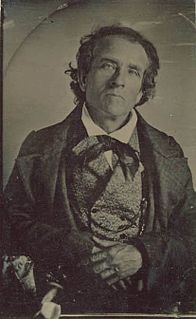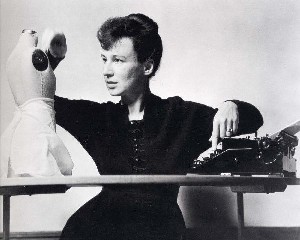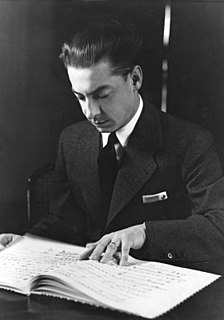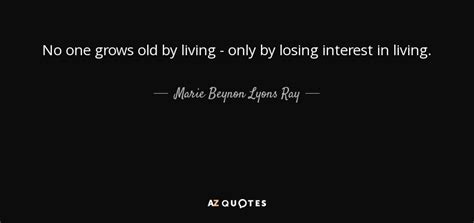A Quote by William James
Habit is the enormous flywheel of society, its most precious conservative agent. There is no more miserable human being than one in whom nothing is habitual but indecision. Full half the time of such a man goes to the deciding, or regretting, of matters which ought to be so ingrained in him as practically not to exist for his consciousness at all.
Related Quotes
Habit is thus the enormous fly-wheel of society, its most precious conservative agent. It alone is what keeps us all within the bounds of ordinance, and saves the children of fortune from the envious uprisings of the poor. It alone prevents the hardest and most repulsive walks of life from being deserted by those brought up to tread therein.
The Society is based on that great bottom law of human right, that nothing but crime can forfeit liberty. That no condition of birth, no shade of color, no mere misfortune of circumstances, can annul that birthright charter, which God has bequeathed to every being upon whom he has stamped his own image, by making him a free moral agent, and that he who robs his fellow man of this tramples upon right, subverts justice, outrages humanity, unsettles the foundation of human safety, and sacrilegiously assumes the prerogative of God.
In our profession someone can be very brilliant and acquire total technical mastery. Yet in the last resort, the only thing that really counts is his quality as a human being. For music is created by Man for Man. And if someone sees nothing more than notes in it, this can perhaps be very interesting, but it cannot enrich him. And music should exist for one purpose only; to enrich Man and give him something he has lost in most respects.
Living in the now is freedom from all problems connected with time. You ought to remember that sentence, you ought to memorize it, and ought to take it out, you ought to practice it, you ought to apply it. And most of all, you ought to rejoice in it because you have just heard how not to be wretched, miserable you any more but to be a brand new, and forever brand new man or woman.
Theologians and philosophers, who make God the creator of Nature and the architect of the Universe, reveal Him to us as an illogical and unbalanced Being. They declare He is benevolent because they are afraid of Him, but they are forced to admit the truth that His ways are vicious and beyond understanding. They attribute a malignity to Him seldom to be found in any human being. And that is how they get human beings to worship Him. For our miserable species would never lavish worship on a just and benevolent God from whom they had nothing to fear.
It is not indeed certain, that the most refined caution will find a proper time for bringing a man to the knowledge of his own failing, or the most zealous benevolence reconcile him to that judgment by which they are detected; but he who endeavours only the happiness of him whom he reproves will always have either the satisfaction of obtaining or deserving kindness; if he succeeds, he benefits his friend; and if he fails, he has at least the consciousness that he suffers for only doing well.
For the fetus, though enclosed in the womb of its mother, is already a human being, and it is a monstrous crime to rob it of the life which it has not yet begun to enjoy. If it seems more horrible to kill a man in his own house than in a field, because a man's house is his place of most secure refuge, it ought surely to be deemed more atrocious to destroy a fetus in the womb before it has come to light.
There is nothing in the education of the average non-scientific human being to discourage him from the habit of generalizing from little or no evidence, and worse still and far more important, nothing to discourage him from the habit of starting with a generalization and ending up with the individual, instead of the other way round.
Since the social victim has been oppressed by society, he comes to feel that his individual life will be improved more by changes in society than by his own initiative. Without realizing it, he makes society rather than himself the agent of change. The power he finds in his victimization may lead him to collective action against society, but it also encourages passivity within the sphere of his personal life.






































